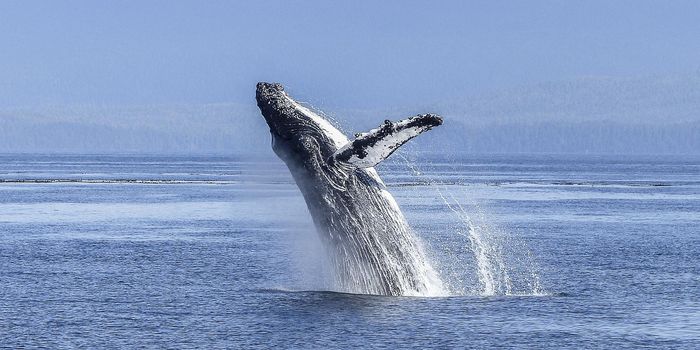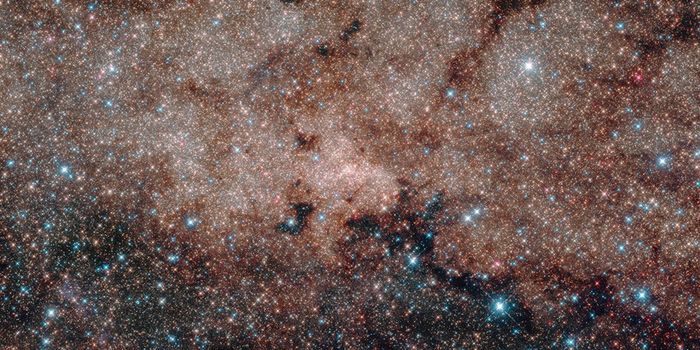The Surprising Source of Life in the Arctic
According to a new study published in Nature Communications last January, life in the waters of the Arctic Ocean are sustained thanks to the fuel delivered by inlet rivers and coastal erosion. While the significance of nutrient inflow to the Arctic from neighbouring lands and oceans is well established, there has not been much study given specifically to the contributions from land rivers and coastal erosion. The study, titled “Around one third of current Arctic Ocean primary production sustained by rivers and coastal erosion” explores these factors and finds that their input “fuels 28-51% of the current annual Arctic Ocean NPP [net primary production].”
In almost any ecosystem, life finds its source in basic organisms, such as plants or algae, which generate organic compounds from inorganic material, like light and carbon dioxide. This process of generation is called primary production, and almost all life forms depend on it to form the foundation of their food webs. Even if an organism does not depend on primary production directly, it almost assuredly depends on other organisms which do. Any predator-prey food chain will eventually bottom out at an organism which directly depends on primary production.
With this understanding in mind, the findings of this study stand out more starkly. It could be that over half of all NPP in the Arctic Ocean is sustained by nutrients primarily from eroding coastal soils and secondarily from rivers. This NPP is estimated to have increased “by 57% between 1998 and 2018 due to warming, sea-ice reduction, and changes in ocean circulation” and is the source of food webs which support notable arctic animals, such as polar bears and walrus.
Our understanding of and future interaction with Arctic Ocean NPP will have to take into account this newfound importance of land-based inputs. As warming continues and the Arctic becomes more accessible, an understanding of how its food systems evolve is absolutely necessary for anything from conservation to fishery potential.
Article Source: Nature Communications









